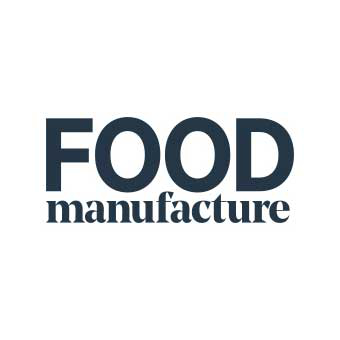
As the Brexit no-deal vote and the deadline itself approach, expectations of the UK seizing this opportunity and reclaiming its trading heritage are heating up. What will a post-Brexit UK choose: being a global advocate of free trade or a protectionist ex-EU...

A spokeswoman for the Consumer Choice Center said: “Imposing any tariffs on food will not only put another burden on British consumers and increase the costs of Brexit, but will also send a signal to the rest of the world that...

An international consumer group has urged the UK to either abolish tariffs or keep them low in order to look after British consumers post Brexit. Responding to the disagreements in the British Cabinet on post-Brexit food tariffs, the Consumer Choice Center...

Should we slash post-Brexit tariffs on food imports to offer consumers cheaper goods? Bill Wirtz, policy analyst at the Consumer Choice Center, says YES. Contrary what the protectionists will tell you, tariffs don’t only hurt the country upon which they...
Free Trade For Us is a single-issue campaign produced by the Consumer Choice Center and supported by partners to raise awareness about the positive impact of free trade and to show policymakers all over the world that the millennial generation is united against tariffs, trade barriers, and retaliatory measures that only hurt consumers and workers.
© Copyright 2018 All Rights Reserved